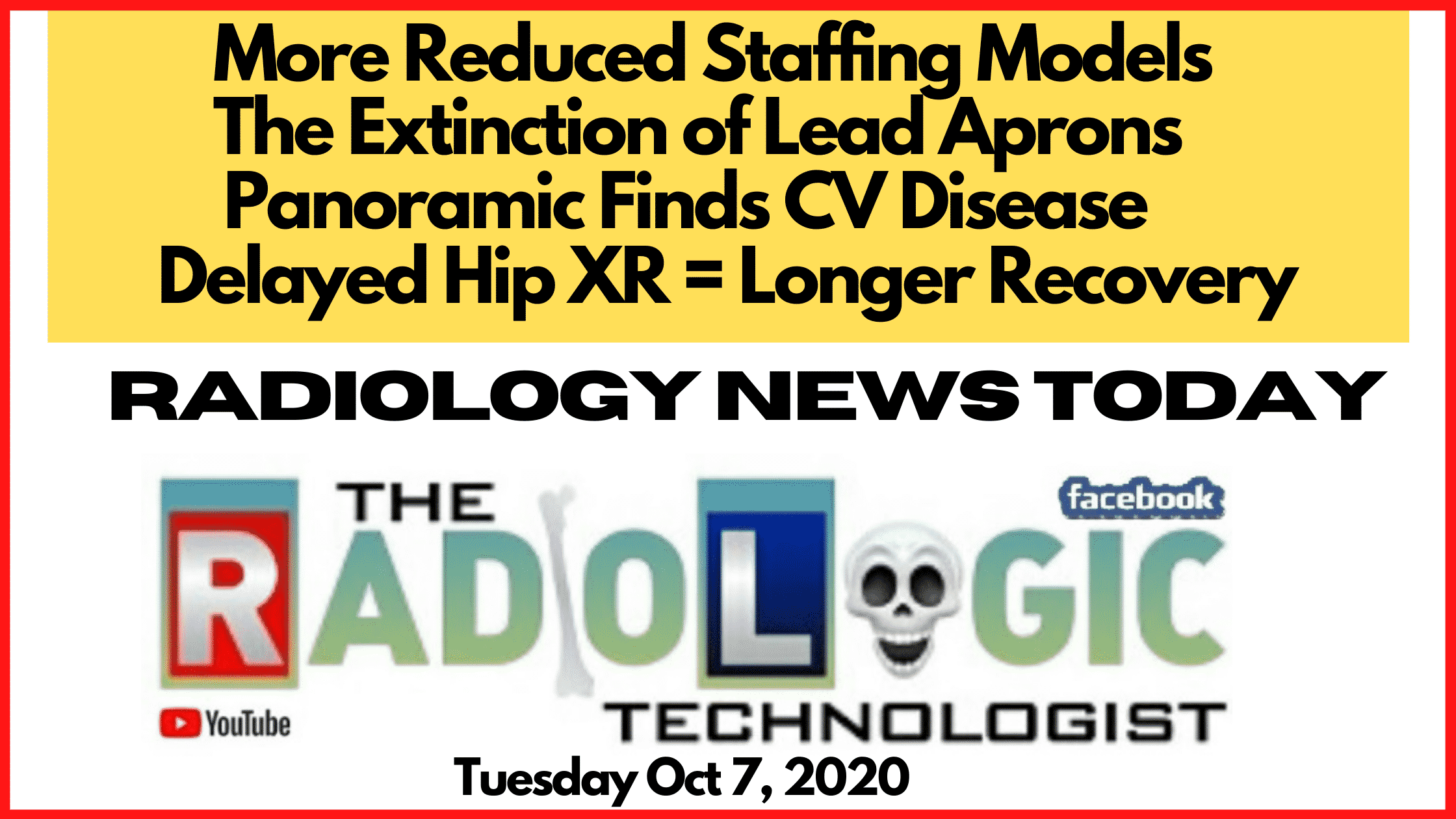Tech Talk – Today in Radiology 15/07/2023
Happy Hump Day!
Here’s what is going on in Radiology today:
Watch for More Reduced Staffing Models
More than 50% 0f radiology practices plan to terminate or furlough existing employees if Congress fails to act soon, advocates said this week.
Another 82% said they expect Medicare cuts slated to take effect Jan. 1 will result in decreased imaging access for patients, while nearly 68% said they’ll delay hiring new physicians. The Radiology Business Management Association highlighted some of these findings from an “extensive” survey of its members, shared Oct. 3 in a letter to the Centers for Medicare and Medicaid Services.
Delayed Hip Xray Means Longer Recovery
Delays in radiography and surgery may be risk factors for mortality, increased opioid use and prolonged hospital stays in older patients with hip fractures, according to published results.
Researchers from the department of orthopedic surgery at the Johns Hopkins University School of Medicine analyzed information on 511 patients 60 years of age or older who underwent surgical fixation of a hip fracture from Jan. 1, 2015 to Dec. 31, 2017.
Oral Radiography Detects Cardiovascular Disease Incidentally
“Oral infections are fairly common, but they are often latent and found only through radiography. Radiographs of the whole jaw conducted in conjunction with dental care can reveal a cardiovascular disease risk as an incidental finding. If carotid artery calcification is seen in the radiograph, the patient must be referred to further examinations and an assessment of the need for treatment,” Docent Pussinen sums up.
That Lead Apron in the X-Ray Room? You May Not Need It
A number of radiology organizations are trying to end the decades-old practice of shielding patients from radiation with lead aprons.
Some hospitals are ditching the ritual of covering reproductive organs and fetuses during imaging exams after prominent medical and scientific groups have said it’s a feel-good measure that can impair the quality of diagnostic tests and sometimes inadvertently increase a patient’s radiation exposure.

